Description
Where, in the manner of Dr. Taha Abdul Rahman, which he builds logically, he arrives at considering that the spirit of the Islamic answer to the questions of this time is manifested in two truths: The first: faith, and it is reached by looking at the various verses, that is, by the royal view (which penetrates into the depth of the verses as the founder of the royal view (based on the appearance). The second truth: morality, and it is reached by dealing with different people and nations, that is, by the work of mutual acquaintance as the founder of cooperative work. It carries the essence of communication with all people and accepting differences from them.
In clarifying, detailing, and entering into the depth of these two truths in their various aspects, the Islamic right to philosophical difference appears as an acknowledgment of the right of every nation to a different answer, and the opponents of the Islamic answer appear as fierce opponents of the principle of difference. Islam acknowledges difference, and the Islamic differentiating characteristics are based on two basic principles: One of them is the “principle of difference in verses” and is represented by the difference in cosmic verses. The second is the “principle of difference in people,” and is represented by the difference in Nations.
These are the opening ideas that this book seeks to prove and explain.

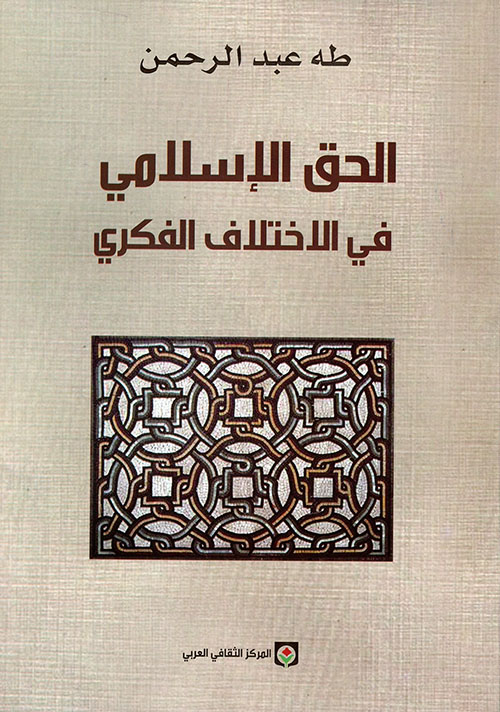
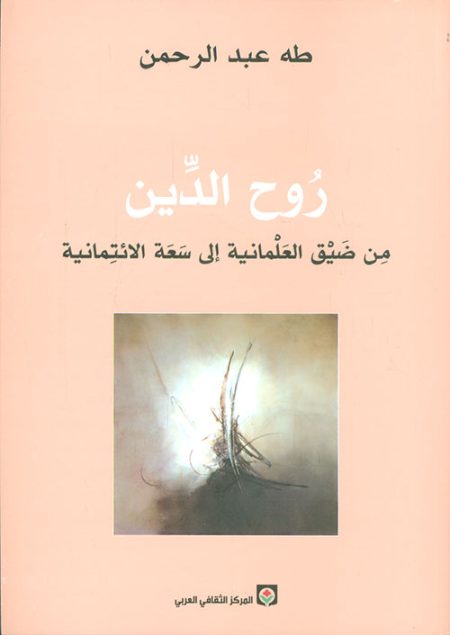
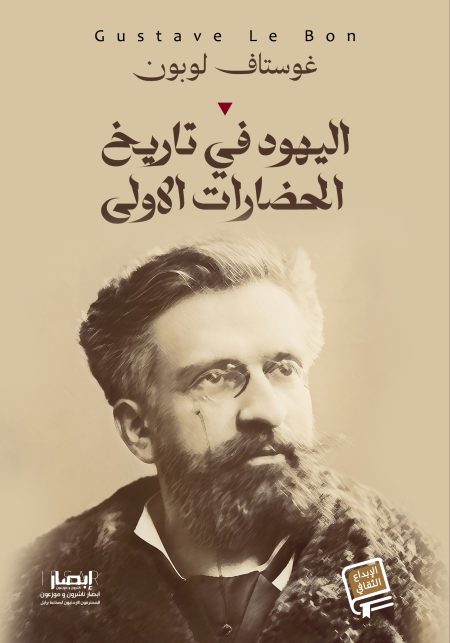

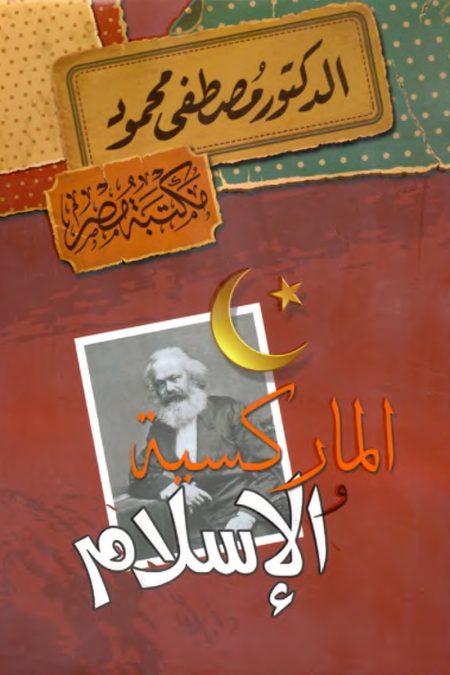
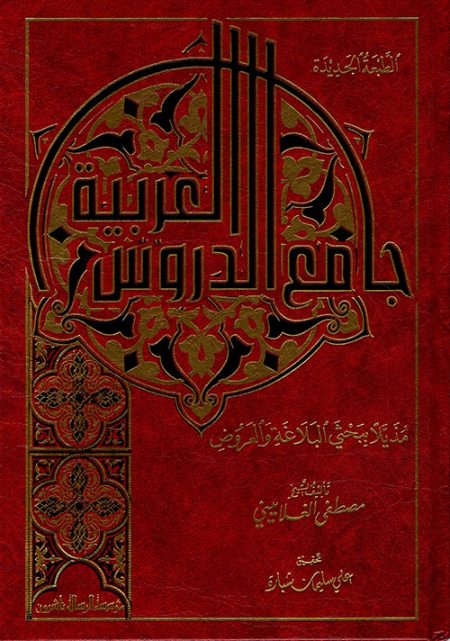
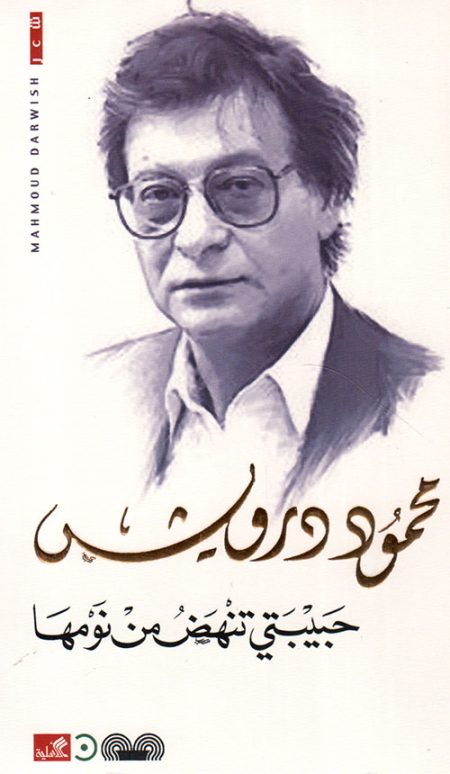
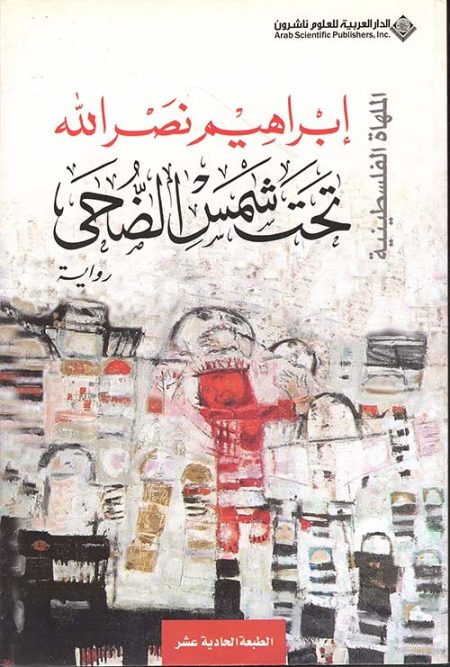
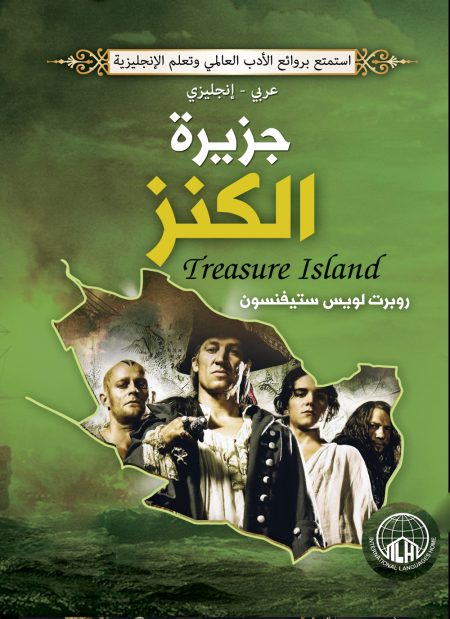
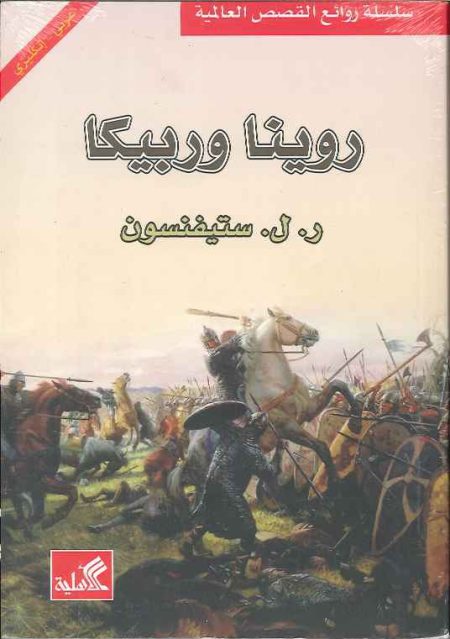
Reviews
There are no reviews yet.